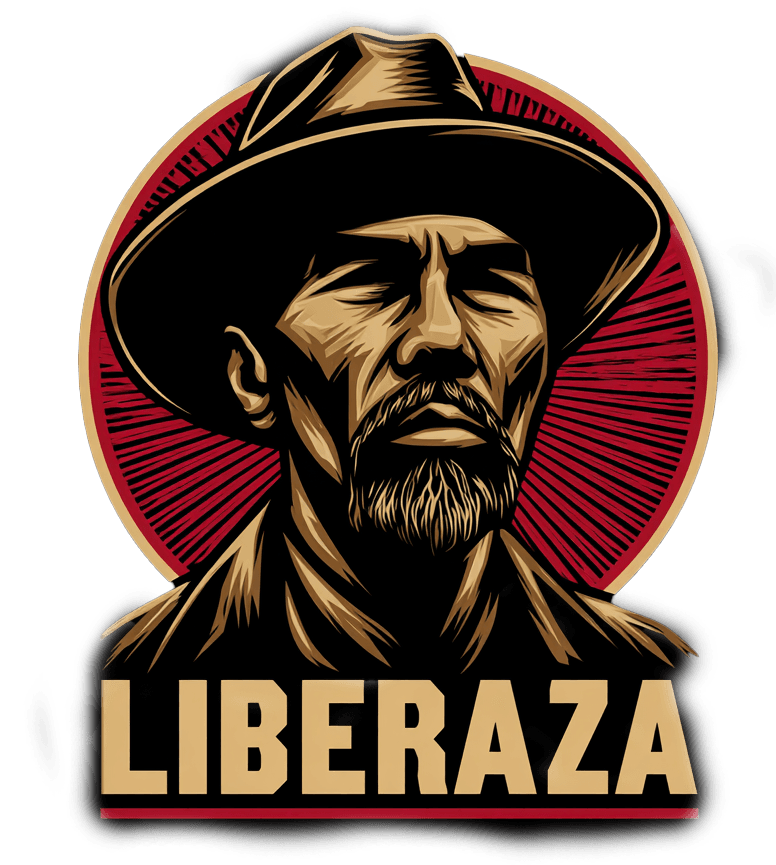Organized resistance gains ground in L.A. immigration protests
LS
How Los Angeles Is Turning the Tide on ICE Raids: From Shock to Strategic Resistance
When ICE descended on Los Angeles in early June, rounding up hundreds of immigrants and even calling in National Guard troops, many Angelenos felt blindsided. Neighborhoods that once buzzed with weekend markets and after‑school pick‑ups suddenly resembled military zones. But rather than retreating in fear, residents and advocates have flipped the script—transforming their shock into a coordinated movement built for the long haul. Here’s how LA’s immigrant‑rights community is rewiring resistance into something strategic, sustained, and impossible to ignore.
Mapping the Threat
One of the first steps activists took was to demystify ICE’s operations. Grassroots groups and tech‑savvy volunteers began compiling real‑time data: arrest locations, agent descriptions, the routes taken, even the time of day raids occurred. By crowd‑sourcing eyewitness reports and public records, they created an interactive map pinpointing hot spots. The result? Community members can now check whether their block has seen recent activity—and plan safer routes to work, school, or church.
This mapping also informs legal aid groups where to position “rapid‑response” teams: lawyers, translators, and medical volunteers on standby to assist anyone detained. The message is simple: you’re not alone, and help is just a call (or click) away.
Know‑Your‑Rights Workshops—Empowerment Over Panic
Once people understand where raids are happening, the next question is, “What should I do if they knock on my door?” Enter the know‑your‑rights workshop, now a staple in community centers across LA.
These sessions break down complex immigration and constitutional law into plain English. Participants learn how to assert their right to remain silent, request a phone call, and avoid self‑incrimination. Trainers role‑play scenarios: “If an agent asks for your papers, here’s how to respond.” They also explain the dangers of signing documents in detention without legal advice.
By equipping folks with these tools, workshops defuse the paralyzing fear that often follows a raid, turning helplessness into actionable knowledge.
Building Coalitions—Faith, Labor, and Student Power
Resistance in LA isn’t the exclusive domain of immigration‑rights organizations. Churches, unions, and college campuses have all thrown their weight behind the cause.
Local clergy have offered sanctuary—both literal and symbolic—to families at risk, opening church basements for emergency shelters and legal consultations. Labor unions, recognizing that raids cripple the workforce, are offering financial relief to members who miss work during detentions or court dates. And student groups on campuses like UCLA and USC are hosting teach‑ins and letter‑writing campaigns targeting congressional offices.
This multi‑sector alliance sends a powerful signal: immigration justice isn’t an isolated issue—it’s woven into the social and economic fabric of the city.
The August 12 Citywide Strike—A Day of Disruption
Perhaps the boldest move on the calendar is the looming August 12 strike. Organizers are calling on businesses, schools, and faith communities to pause normal operations in solidarity with immigrant Angelenos.
The plan is straightforward: workers stay home, students walk out, and congregations dedicate services to immigration justice. Instead of ceding the streets to ICE vehicles, the city’s commerce and daily rhythms come to a halt—forcing policymakers and the broader public to reckon with the human cost of deportation.
While strikes carry financial and logistical hurdles, advocates argue that brief, unified disruption can amplify their message far more than protests alone.
Legal Pressure: ACLU’s Lawsuit Against DHS
Behind the scenes, the ACLU of Southern California has taken legal action, suing the Department of Homeland Security for what it calls unconstitutional detention practices. The lawsuit alleges that large‑scale sweeps violate due‑process rights and target entire communities without individualized suspicion.
This court battle seeks not just to compensate affected families but to impose systemic changes: stricter limits on mass arrests, transparency mandates for ICE operations, and robust oversight mechanisms. Should the ACLU prevail, it could reshape how—and whether—ICE can deploy its resources across LA in the future .
Why This Matters for All of Us
Los Angeles isn’t unique in experiencing ICE raids, but the city’s response offers a blueprint. When communities translate fear into knowledge, solidarity, and strategic action, they reclaim agency. By mapping threats, educating residents, forging broad alliances, staging coordinated strikes, and challenging abuses in court, LA’s activists are proving that change isn’t just possible—it’s compounding.
Whether you’re an Angeleno or live hundreds of miles away, these tactics can inspire local adaptations: start by learning the patterns of enforcement where you live, partner with diverse allies, and think beyond one‑off protests. Real power emerges not from scattered rallies, but from sustained movements built on clarity, coalition, and courage.
Liberaza writes daily about social‑justice movements and grassroots strategies. Subscribe for more insights into how communities nationwide are fighting back against systemic injustice and the latest news.
